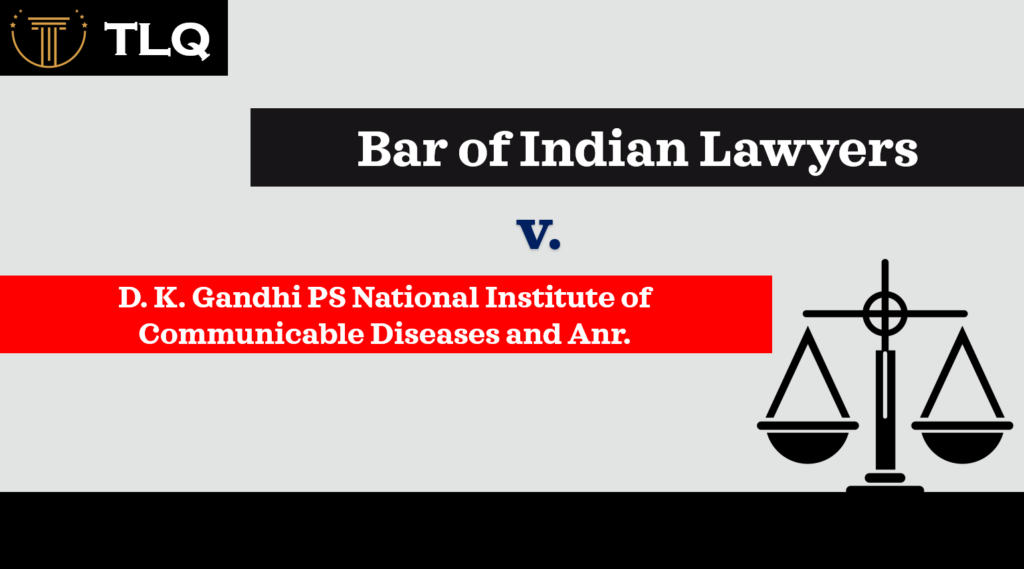Published On: 12th September, 2024
Authored By: Aman Kumar
Deshbandhu College
Facts
The case of Derry v Peek was a landmark English decision on fraudulent misrepresentation. The directors of the Plymouth, Devonport, and District Tramways Company issued a prospectus containing a statement that they were entitled to abandon horse-grip trams in favour of steam-grip trams. The statement was certainly issued on the basis of an assumption that their application for permission to do so before the Board of Trade would be successful. When the Board of Trade refused permission, the company’s share price fell. A shareholder, Peek, brought an action against the directors (including Derry) for deceit, alleging the statement in the prospectus was fraudulent and had induced him to buy shares. [1][2][3][4][5]
Issue
The question essentially was as to the liability of the directors of a company for fraudulent misrepresentation in stating on the prospectus that they had the right to use steam trams, which induced shareholders to invest in the company.[1][2][3][4][5]
Rule
It laid down the principle that in order to succeed in a claim of fraudulent misrepresentation it has to be shown that the misrepresentation was made:- knowingly, or
Without belief in its truth, or
Recklessly, that is, with a not caring whether it is true or false. Mere negligence, even gross negligence, does not amount to fraud.
Application
The House of Lords ruled that in order to prove fraud it had to be established that a false representation had been made:-
- Knowingly, or
- Without belief in its truth, or
- Recklessly, without caring whether it is true or false.
The directors here honestly believed that the statement made regarding the steam-powered trams was true and made the statement in good faith. The House of Lords held that there was an absence of evidence of fraud as defined. The Lords held that at the time of making the statement, the directors had a ground which was reasonable for their belief and were not reckless.[1][2][3][4][5]
Conclusion
As far as fraudulent misrepresentation is concerned, the House of Lords pronouncement acquitted Derry and other directors. The statement by the directors was false but made in good faith supported by no intent to mislead. As a result of this case, thus, the appeal was granted and the judgement is in favour of Derry.
Impact
The case Derry v Peek has a significant impact on the law governing misrepresentation. It actually globally drew a line of differentiation between fraudulent and negligent misrepresentation. It has therefore laid down a very high threshold for proving fraud, in that for a statement to be fraudulent, there must be proof of dishonesty or reckless indifference to the truth. This principle influenced subsequent developments in case law in England and other common law jurisdictions and thereby created the way forward through which courts have gone on to interpret and adjudicate cases of misrepresentation.
Note :
Derry v Peek dealt with fraudulent misrepresentation in a company prospectus, which induced shareholders to invest. Similarly, a Case in the present time the application filed in the Supreme Court alleges that the significant fall in the Indian stock market after the 2024 election results was caused by misrepresentations or false information that led investors to suffer losses.[6]
References :
- https://en.wikipedia.org/wiki/Derry_v_Peek
- https://www.lawteacher.net/cases/derry-v-peek.php
- https://www.casebriefs.com/blog/law/torts/torts-keyed-to-epstein/misrepresentation/derry-v-peek/
- https://judicialacademy.nic.in/sites/default/files/1453025041_Derry%20v%20Peek.pdf
- https://ipsaloquitur.com/tort-law/cases/derry-v-peek/
- https://www.thehindu.com/news/national/application-filed-in-sc-on-post-ls-polls-stock-market-fall/article68264254.ece




